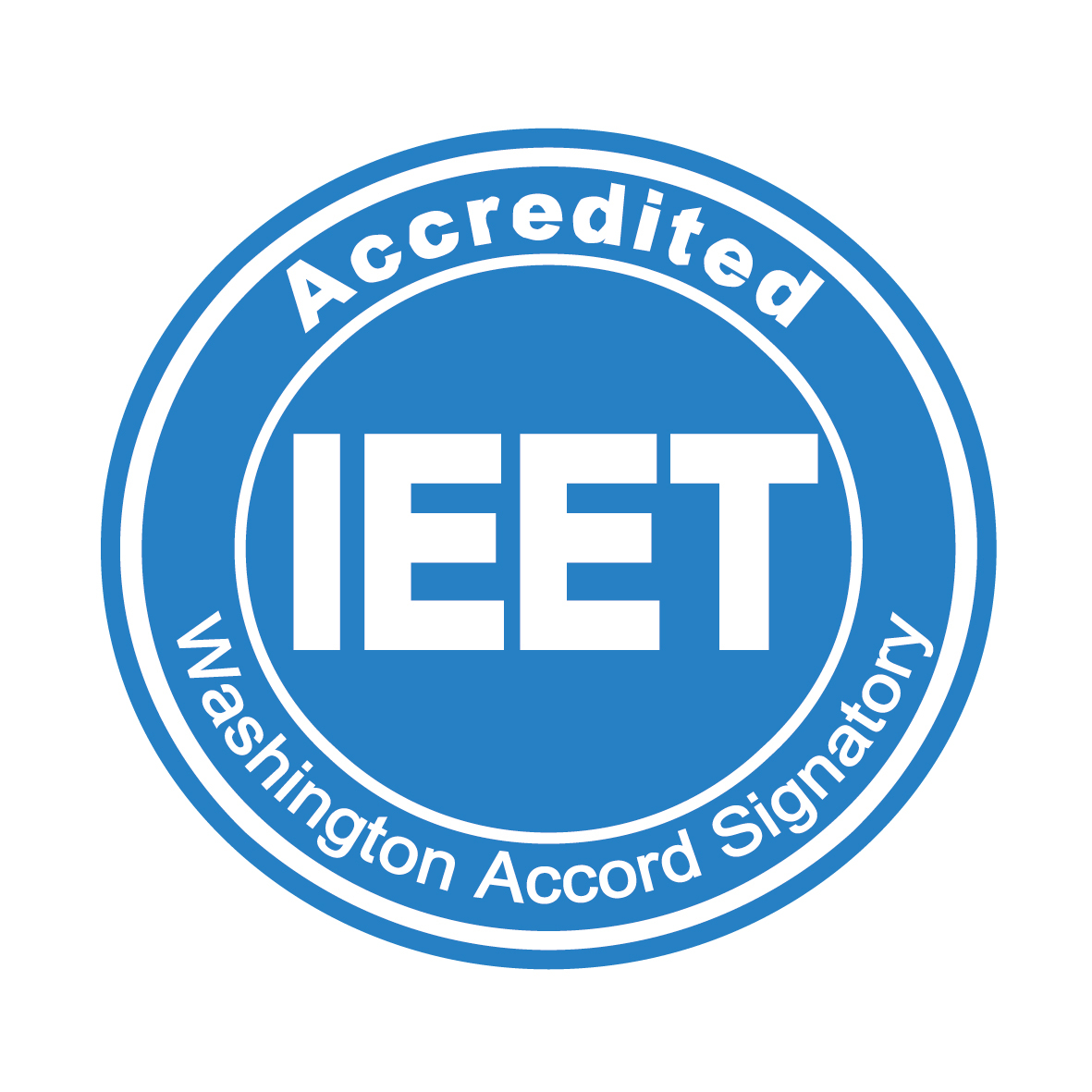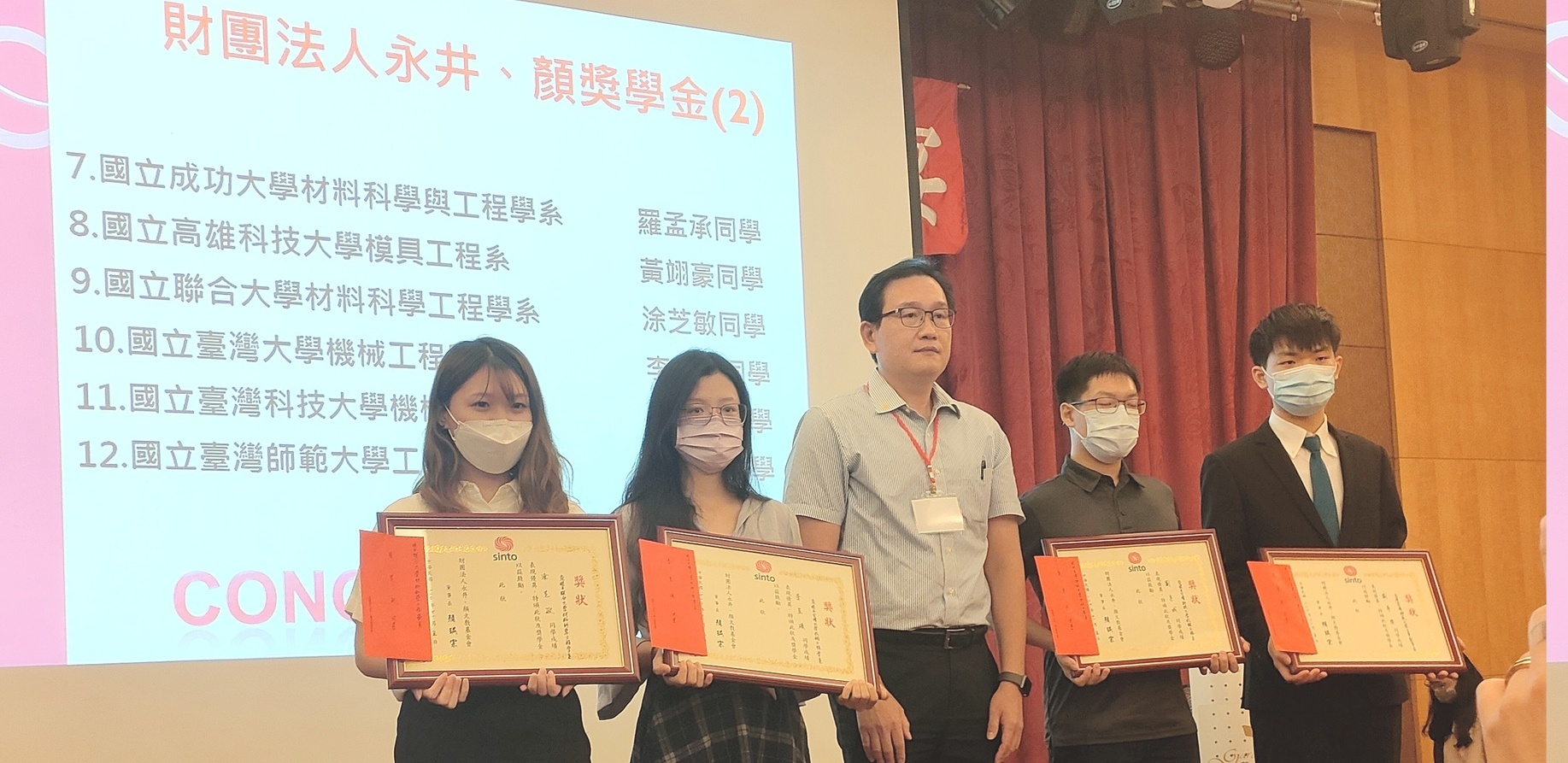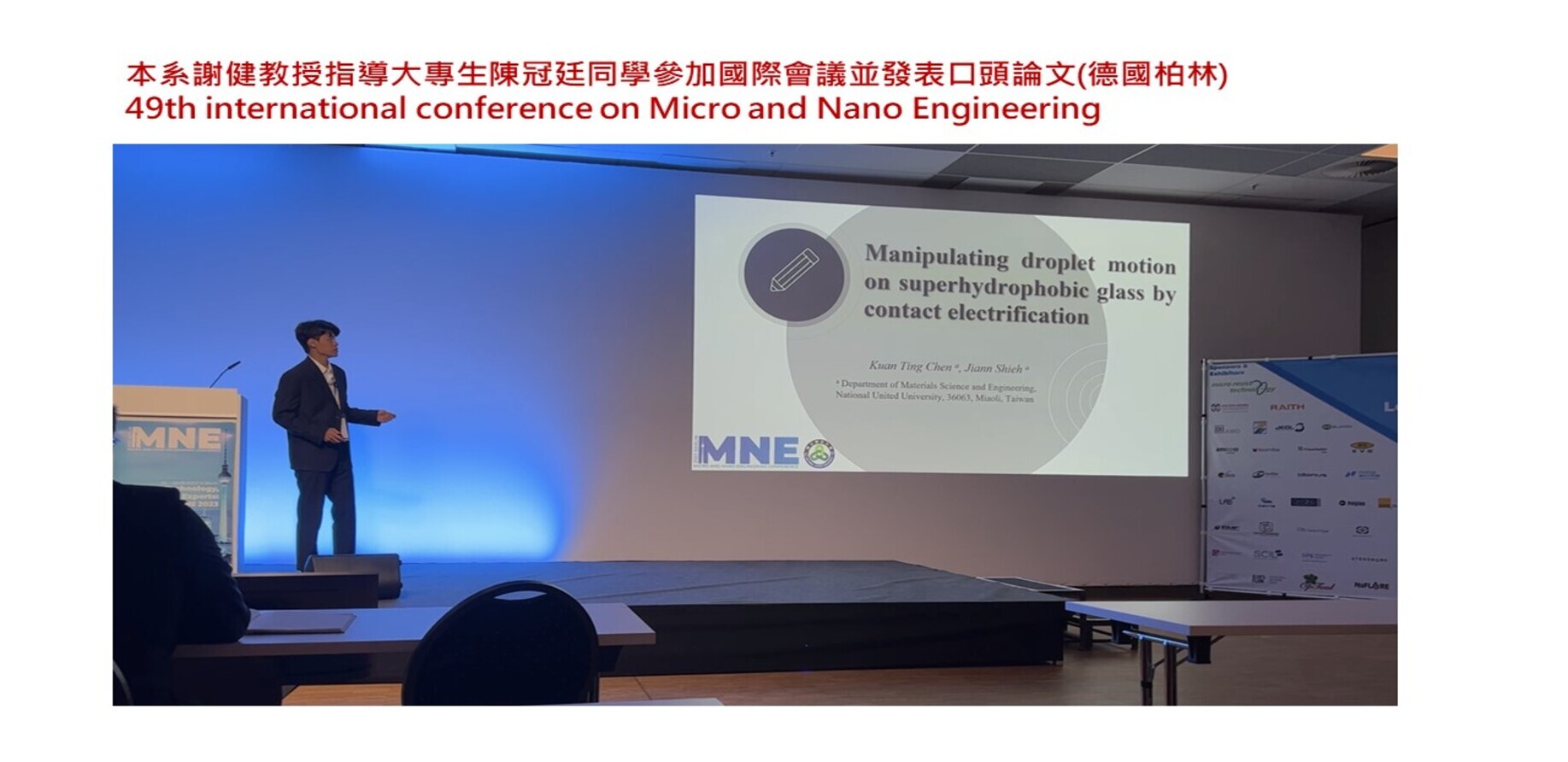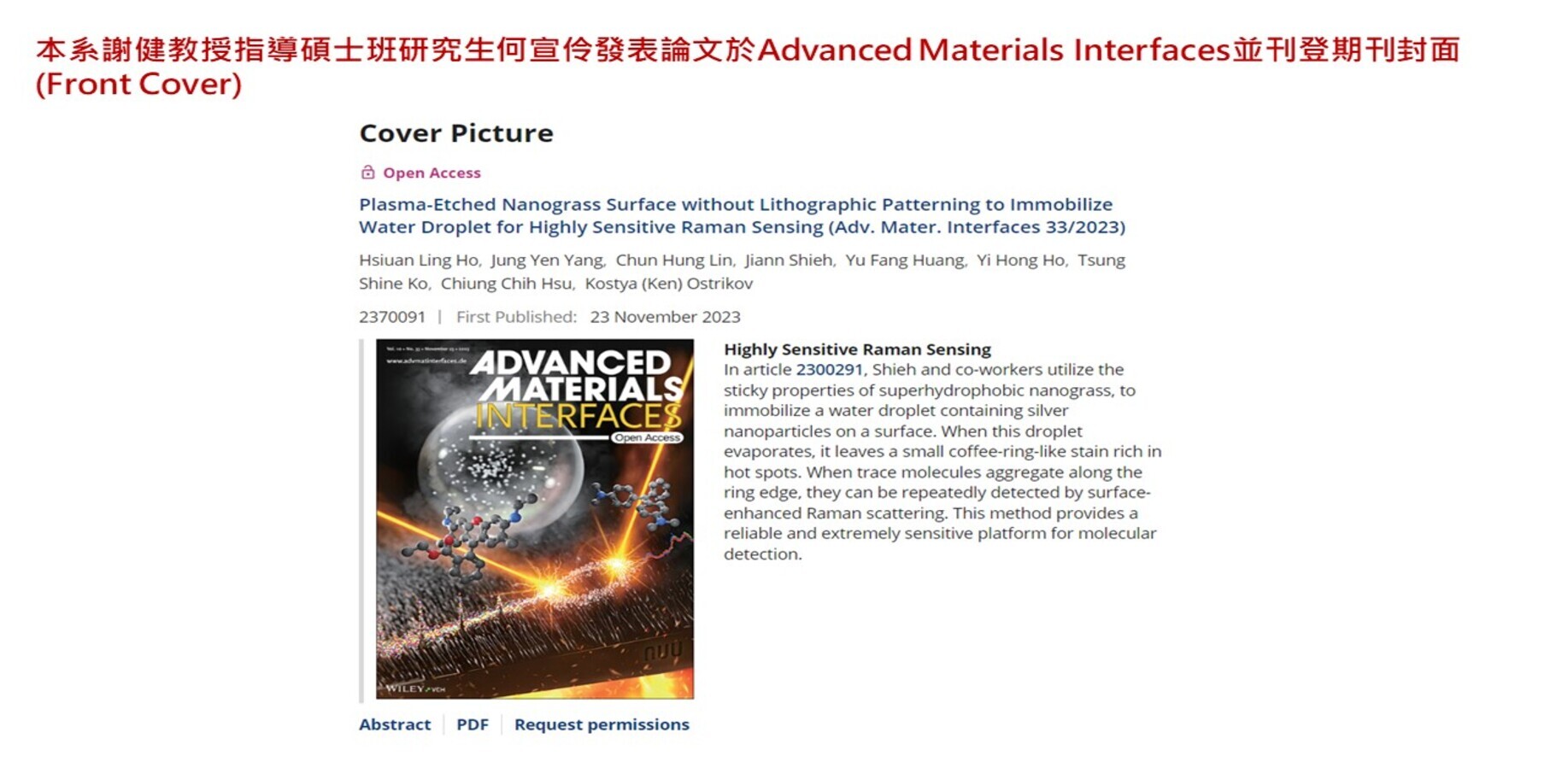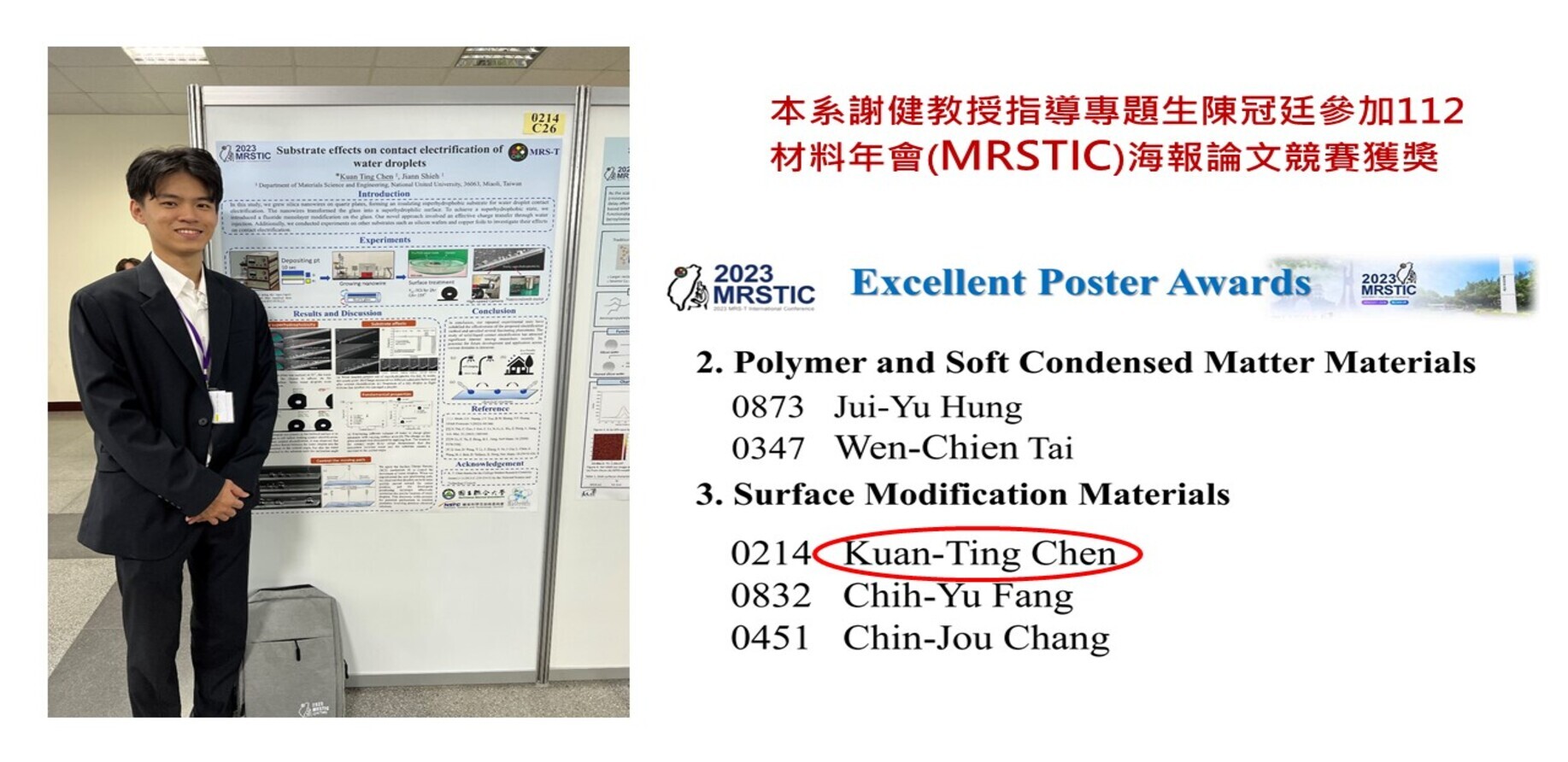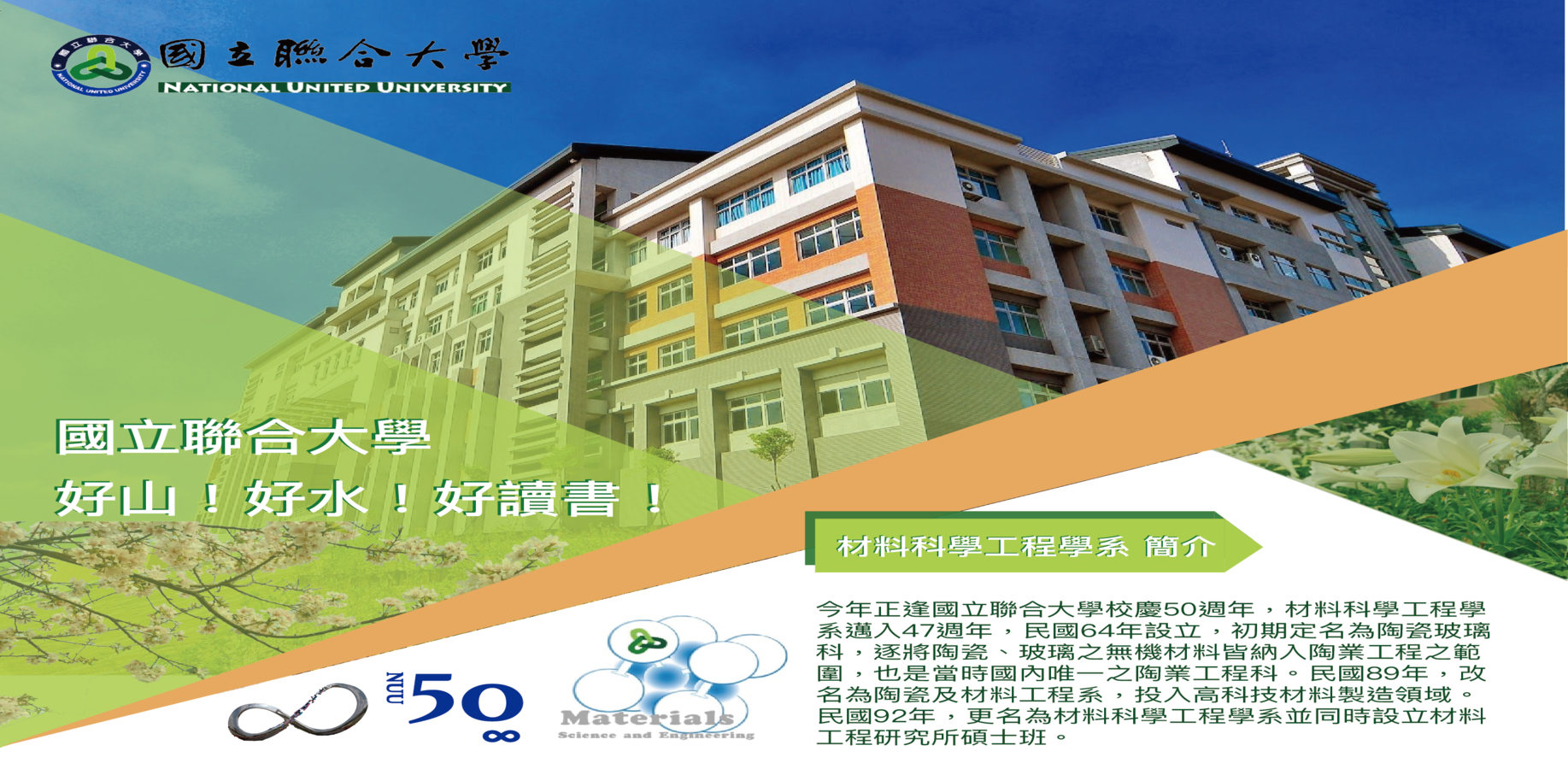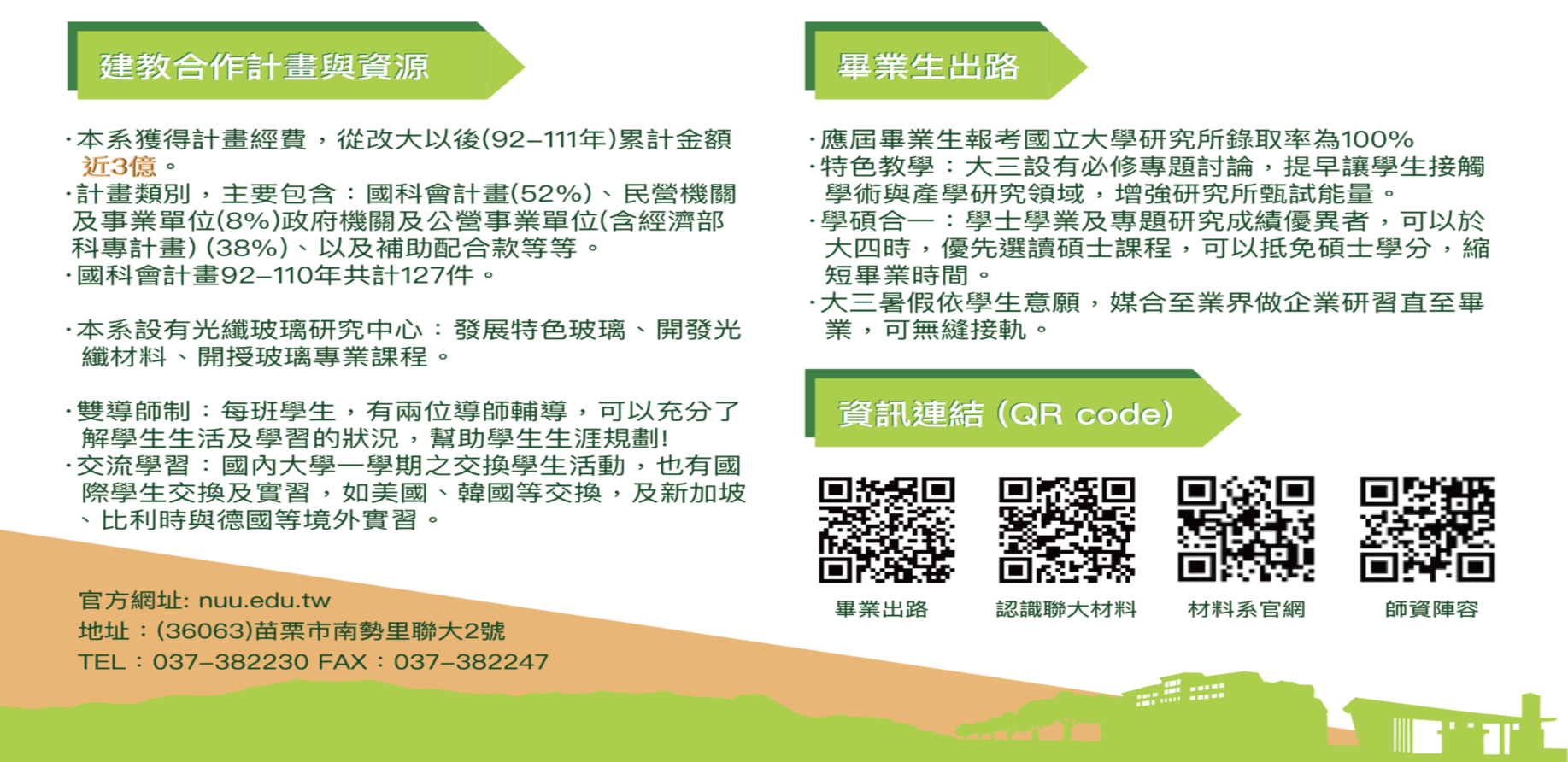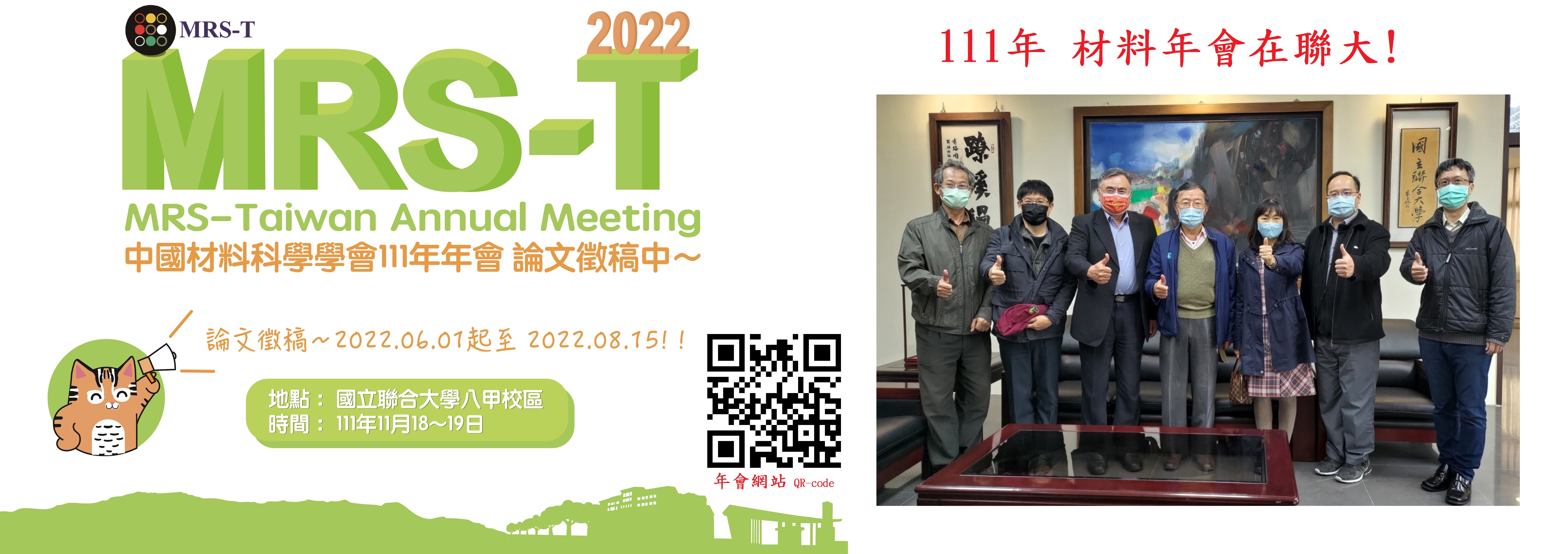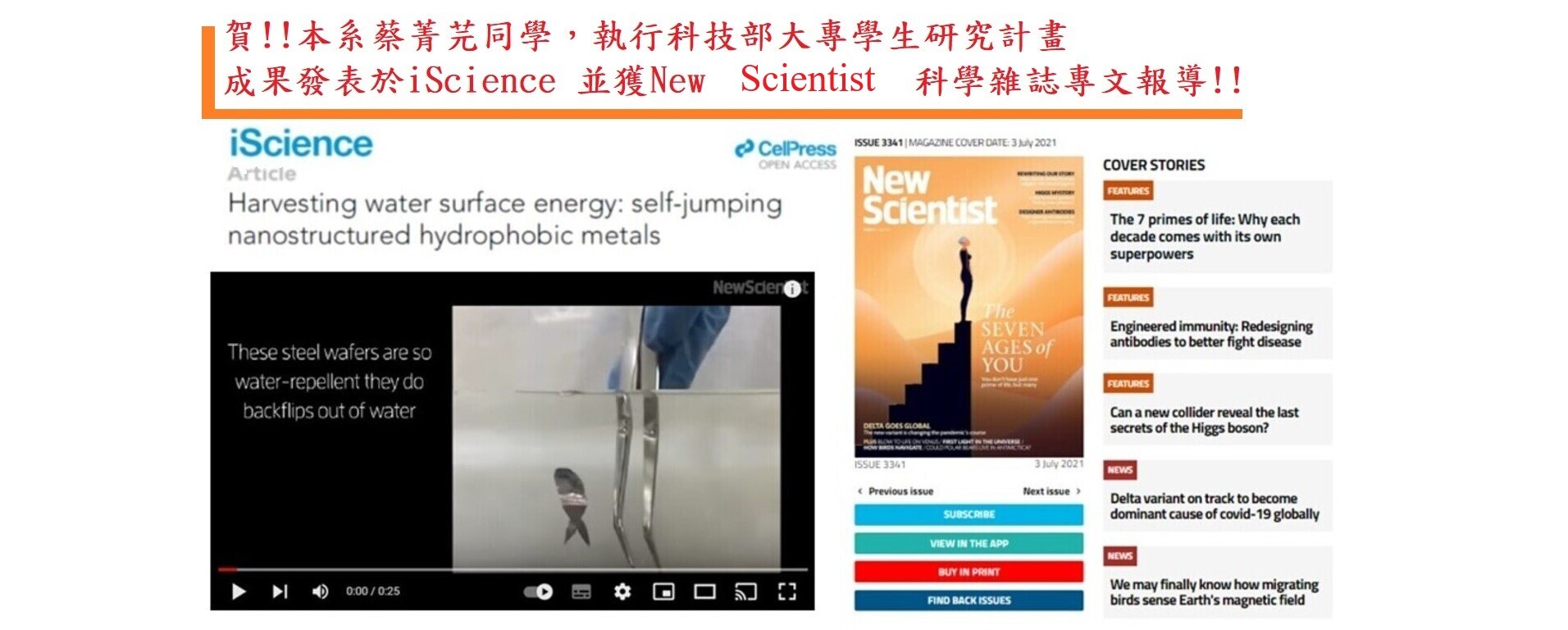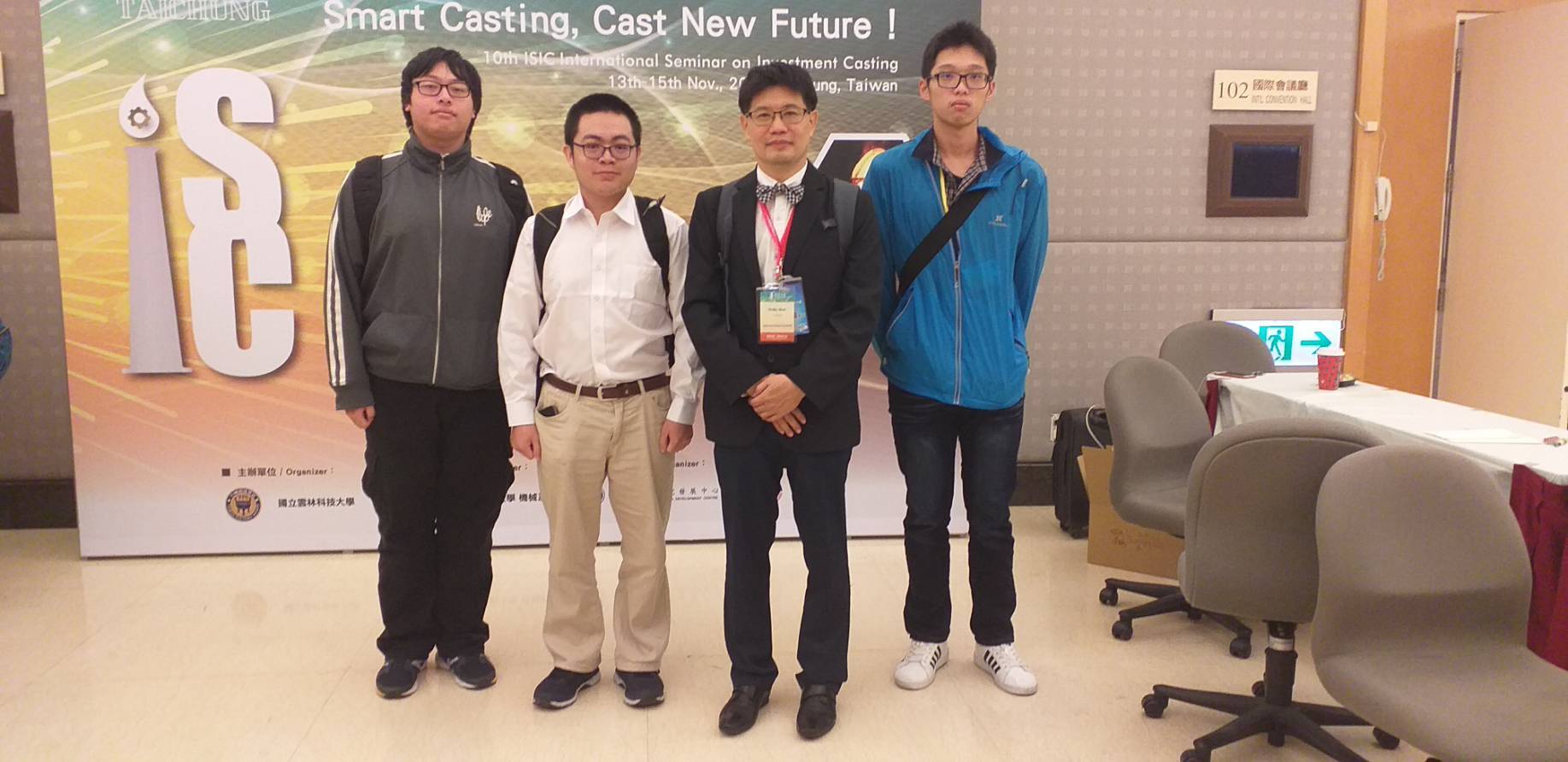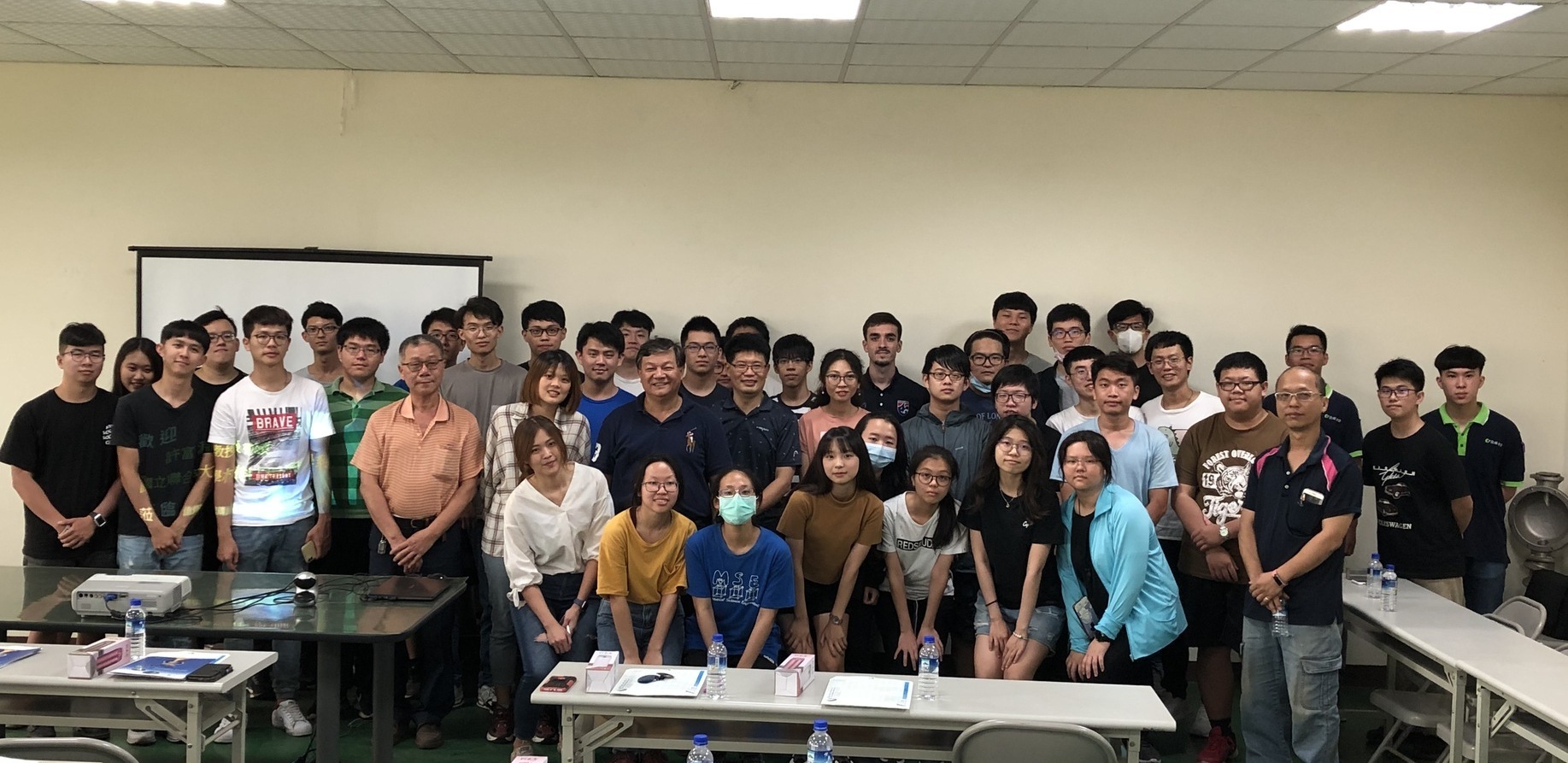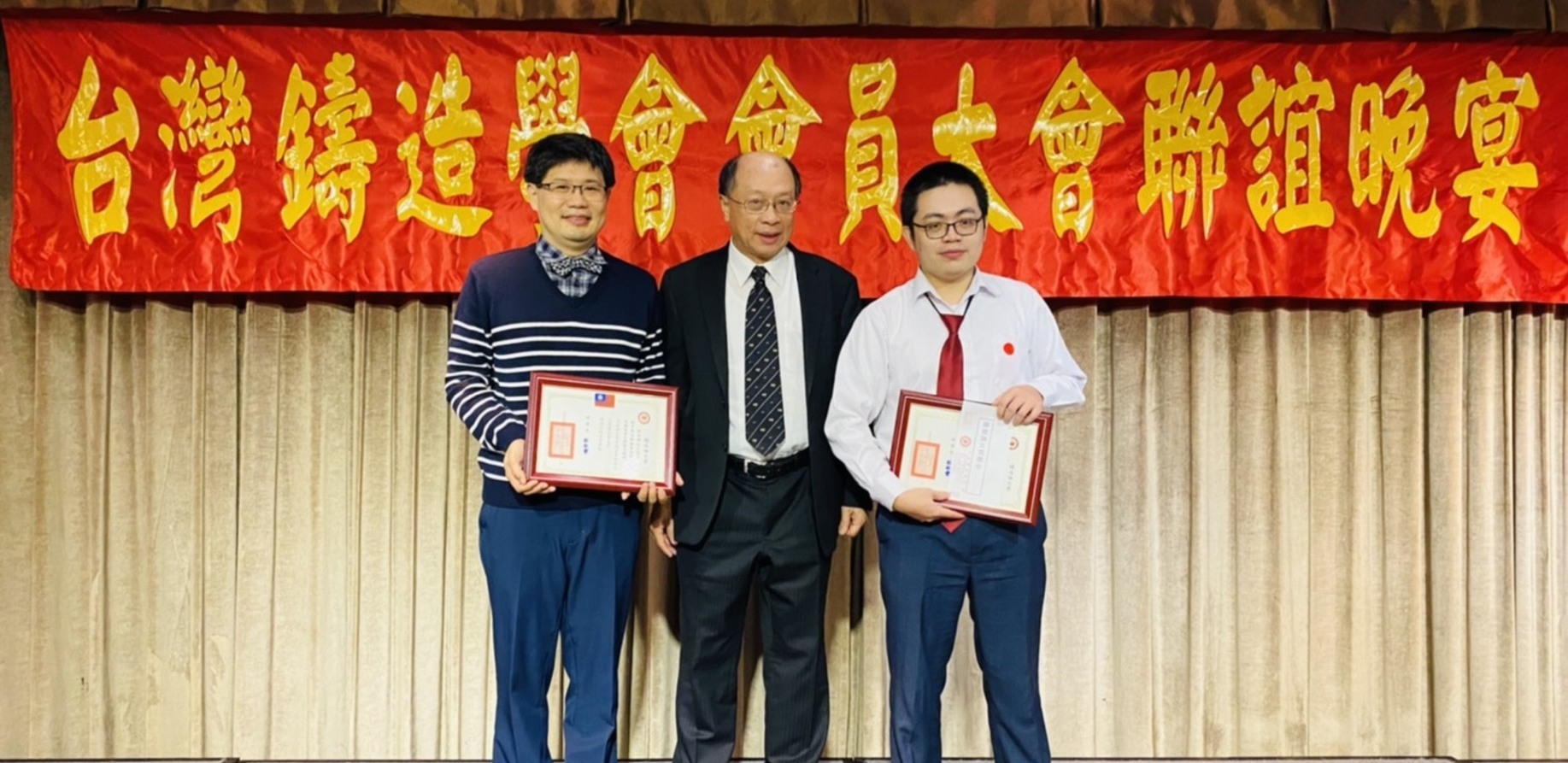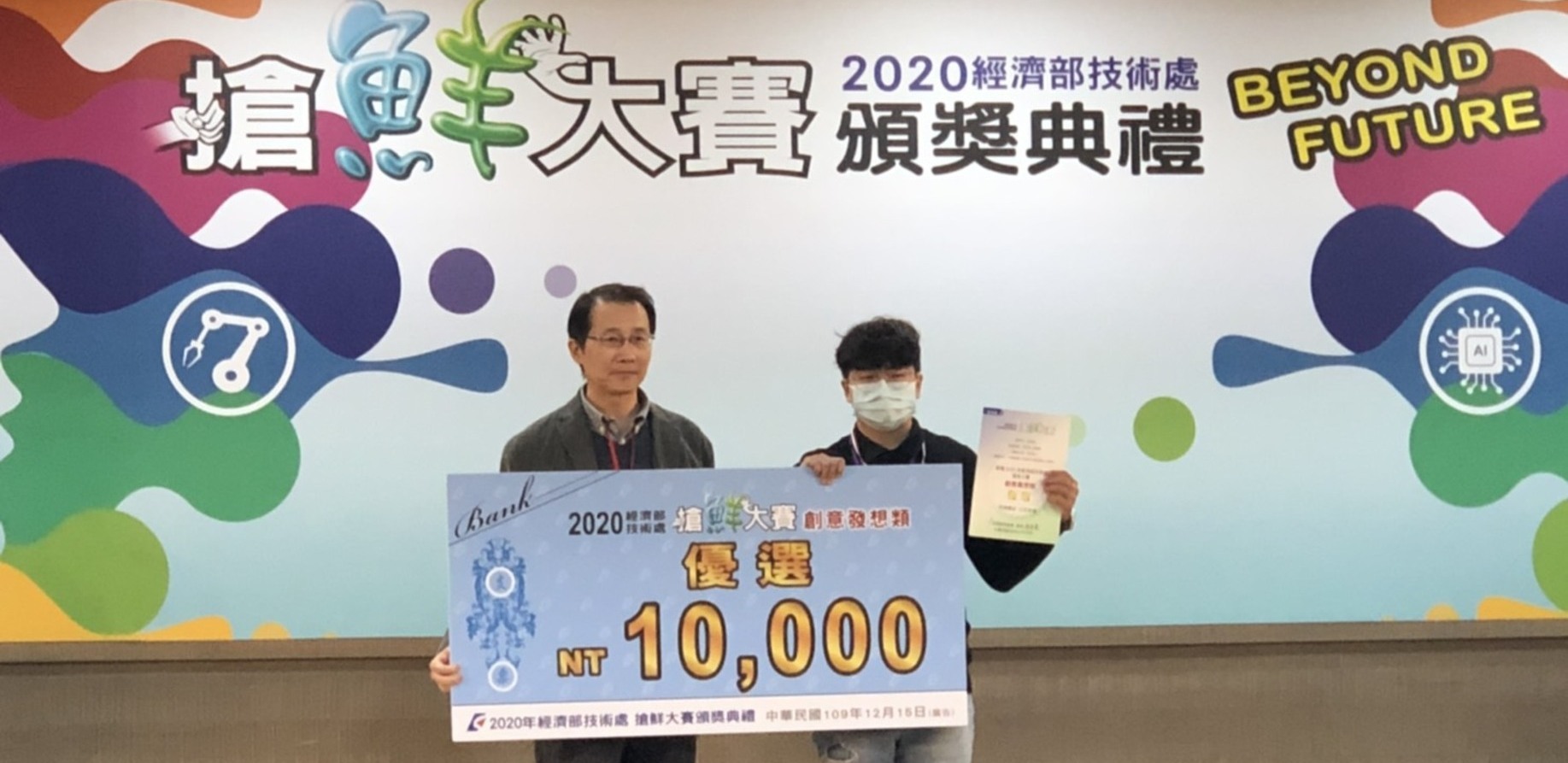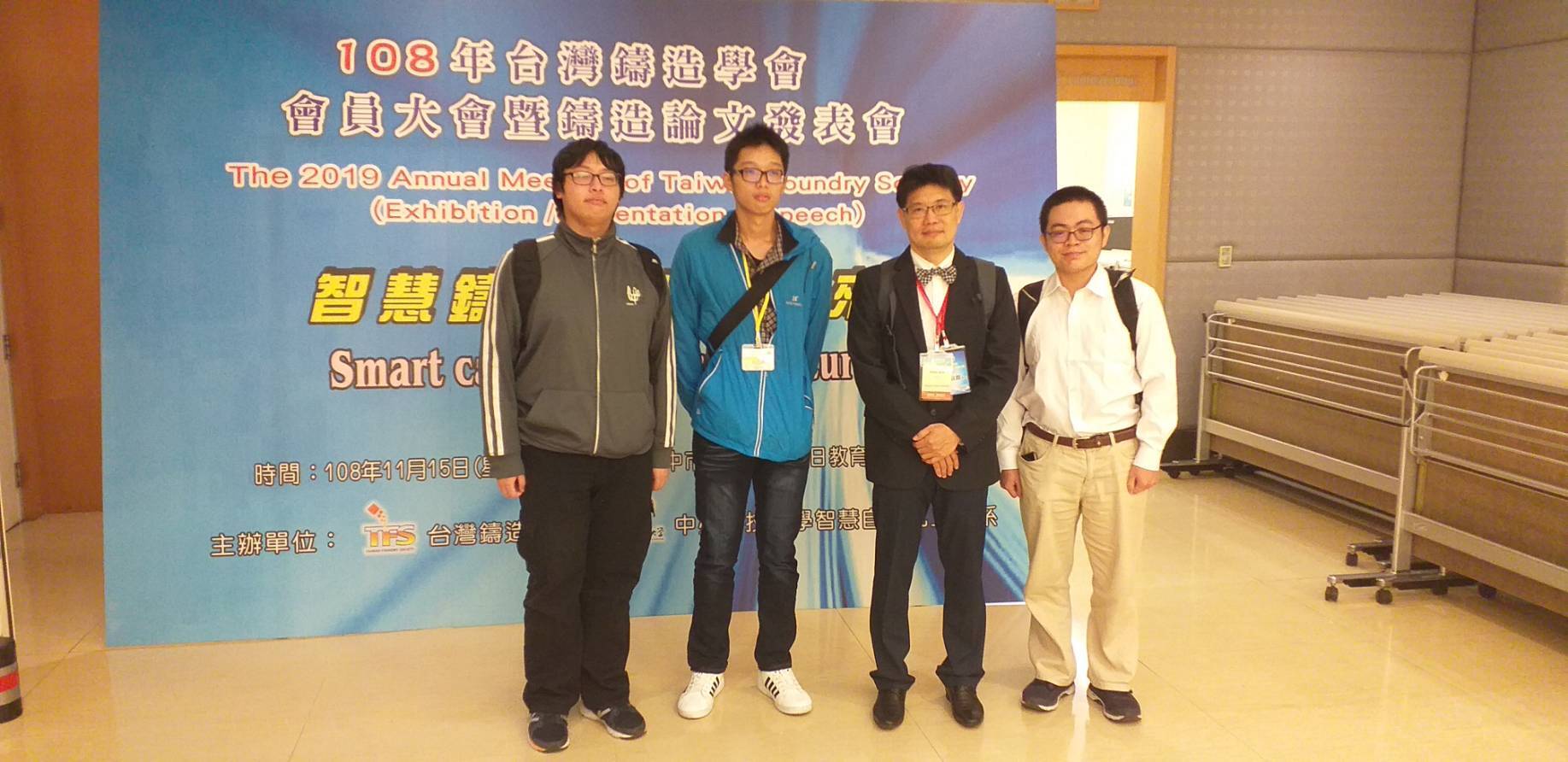Objectives of Education
Educational goals
The predecessor of this department was the Department of Ceramic Materials, with a focus on ceramics and glass education. In 1992, the institution underwent restructuring and became a general university. As part of this transition, the department was renamed the Department of Materials Science and Engineering. During this period, the department expanded its faculty to include experts in metals, semiconductors, polymers, and nanomaterials. The curriculum was enriched, and the theoretical foundation for students was strengthened.
Building on its teaching tradition and aligning with contemporary trends and industrial needs, the department set out to train materials science (engineering) professionals equipped with both theoretical knowledge and practical skills, while also advancing research in new technologies.
Each year, the department’s facilities, teaching resources, and experimental materials continue to improve. The faculty is dedicated to enhancing learning strategies and research capabilities, providing high-quality education that integrates both fundamental science and cutting-edge technology.
The educational goals of this department are aligned with those of the National United University and the College of Engineering and Science. They also take into account the Engineering Accreditation Council (EAC) developed by the Institute of Engineering Education Taiwan (IEET). In formulating these goals, we considered the department’s traditions, contemporary trends, social needs, available facilities (both software and hardware), as well as research and development priorities. The process was carried out in the following steps:
- 1. The department established a working group to collect the educational goals of various universities, both in Taiwan and abroad. This group took into account the department's characteristics, future development, and positioning, leading to the creation of a draft of the educational goals.
- 2. The draft was discussed in several department meetings, and the content was approved by all faculty members.
- 3. The draft of the educational goals was then reviewed by the advisory committee. A meeting was convened to discuss the draft, and feedback from the committee was gathered to modify the goals. The revised version was subsequently approved by the committee.
- 4. The proposed educational goals were sent to the National United University (NUU) and confirmed during the certification work meeting.
- 5. The department's faculty members held further discussions, revisions, and finalized the goals during a department affairs meeting.
The advisory committee consisted of experts from advanced industries, academia, research institutions, as well as department alumni and their parents. After several department meetings, IEET group discussions, and consultations with the advisory committee, the educational goals were finalized. Moving forward, these goals will be periodically reviewed and updated to ensure continuous improvement and better outcomes.
Educational goals for undergraduate
-
Educate highly valued students with fundamental and professional knowledge in materials science and engineering, and cultivate them by integrating understanding and implementing the knowledge.
-
Educate students with systematic knowledge of material sciences and engineering in evaluative, analytical, and innovative thinking and apply the knowledge in professional and analytical ways.
-
Cultivate students with communication capability and writing skills in their own and foreign languages.
-
Educate students to have teamwork ethics and social responsibility.
-
Encourage students to broaden their horizons to absorb innovative knowledge, cultivate awareness of the sustainable development issues, and become competitive scientists with a global perspective.
Educational goals for graduate
-
Provide a solid foundation in the professional knowledge and applied technology of the field of materials science and engineering.
-
Provide an education that allows students to have the capabilities of independent study.
-
Prepare students to have capabilities of team work and management. Prepare students to have professional ethics and continuous learning capability.
-
Prepare students to have capabilities of team work and management.
-
Provide an environment that allows student to expand their globe views on knowledge and technology, and to have social service sprit and responsibility.

